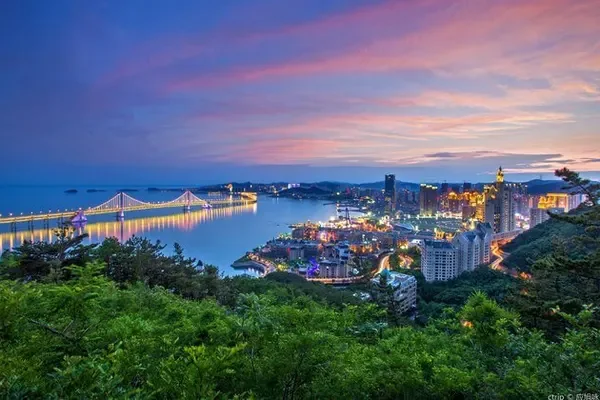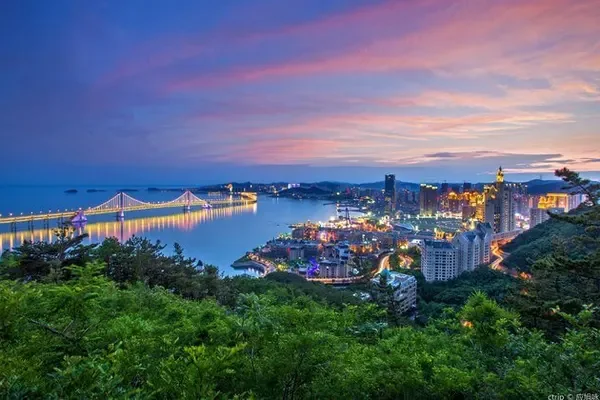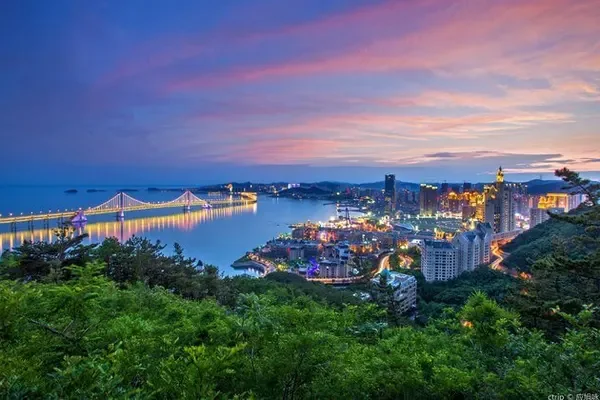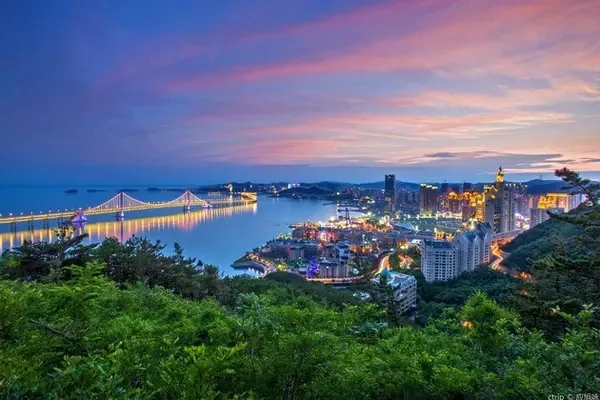"Quzhi State is more than a thousand miles from east to west, and more than 600 miles from north to south. The capital of the country is seventeen or eight miles away... orchestral music is especially good for all countries. Its common sons use wood to put their heads on their heads, and they want their plaques㔸Also. There are more than 100 garan schools, more than 5,000 monks, and they learn all the teachings of the Hinayana.” —— Xuanzang · Bianji "Da Tang Western Regions" Volume 1
Qu Zhiguo, today's Kuqa County. In the ancient Western Regions, Qiuci had the most prominent reputation. Master Xuanzang recorded this peculiar country in detail in his book, such as the stories of Dalongchi and Jinhuawang, the East and West Zhaohuli Temples ( Today’s Subash Buddhist Temple ruins), Azali Second Temple and its legends. Special emphasis is placed on the world-famous Kucha music and dance and the strange customs of Kucha: After a child is born, a wooden hoop is used to tie his head so that his head will be flat and thin in the future.
There are continuous monk houses in Kucha, towering Buddhist pagodas like clouds, flying sky dancing in the air, thousands of Buddhas leaping above their heads, monks and Buddhas flocking, and the sound of preaching scriptures can be heard endlessly... Master Xuanzang who came from afar Immersed in the brilliance of the Buddha, while looking for the figure of Kumarajiva, another Buddhist predecessor, the master stayed in this paradise-like country for two full months.
Kumarajiva, a famous Buddhist translator, was born in Kucha. His father was Kumayan, an Indian aristocrat, and his mother was the younger sister of King Kucha. Kumarajiva became a monk with his mother at the age of 7, went to India to study Buddhism at the age of 9, and returned to China at the age of 12. When he grew up, he became proficient in Mahayana Buddhism and became a master of his generation with a reputation that spread far and wide. Fu Jian, the former Qin emperor, ordered Lu Guang to attack Kucha and captured Kumarajiva. Lu Guang established his own family and established Houliang. Master Luoshi stayed in Liangzhou for 16 years. Later, Yao Xing, the emperor of the later Qin Dynasty, captured Liangzhou and took Kumarajiva to Chang'an, allowing him to work on translating scriptures with peace of mind. Kumarajiva organized the first government-run scripture translation field in Chinese history in Chang'an. His translations were mainly free translations, and he paid attention to rhetoric. His translations were fluent and literary. The main translations include "Miaofa Lotus Sutra", "Vimalakirti Sutra", "Diamond Sutra", "Amitabha Sutra" and so on. "Form is emptiness, emptiness is form", "All conditioned dharmas are like dreams and bubbles, like dew and electricity, and should be viewed as such", "Bliss, sea of suffering, river of love, great world, spotless" and many other words that are familiar to us today are actually derived from dove In the scriptures translated by Master Marajiva.
Master Luoshi felt ashamed because he broke the sex precept twice. He warned monks many times during his lectures that "lotus flowers grow in stinky mud, but don't take stinky mud when picking lotus flowers", so that everyone must not follow him and "do not follow the law" the behavior of. Before his death, he made an oath: "If the scriptures I translate in my life are in line with the Buddha's will, then when I am cremated, the root of my tongue will not be broken." Finally, the master passed away in Caotang Temple in Chang'an at the age of 69. The unique tongue relic in the world is enshrined in the stupa of Kumarajiva Temple in Wuwei, Gansu.

Kizil Thousand Buddha Caves is the largest group of Buddhist caves in Kucha. When Buddhism came here from ancient India, the King of Kucha quickly accepted the belief and began to excavate grottoes on a large scale. Tons of lapis lazuli were transported from Afghanistan, and the painters painted Buddhist murals in the grottoes (three hundred years earlier than the murals of Mogao Grottoes in Dunhuang). These murals vividly depict the heaven in the hearts of Buddhists, gorgeous and beautiful Beautiful costumes, plump and round figures, charming and vivid dancing postures... The Paradise of Elysium is like an intoxicating world of music and dance.
At that time, the Buddha's light shone from west to east, and silk was transported from east to west. After the 10th century AD, the bells of Buddhist temples were gradually replaced by the shouts of mosques, and there was another spirit in the Western Regions——Islam.



When visiting Kizil, you must invite a tour guide. You cannot bring bags or cameras inside, and you can use your mobile phone casually.












The noon sun shines directly on the archway of the ancient ferry of Qiuci, and the bridge is empty. I really want to take a picture with the archway as the background. In the sound of donkey hoofs, the donkey cart is passing by, and the dust is floating in Qiuci. Wait. For a long time, except for the Kuqa River flowing silently beside the Gudu, the Gudu Archway didn’t even cast a shadow.
Millennium, for us, for time, is a hasty passer-by, and no one will and cannot disturb this quiet ancient ferry of Kucha.



The Kuqa Mosque is the second largest mosque in Xinjiang, second only to the Id Kah Mosque. In the afternoon I thought it would be the time of Zurrah, I wanted to hear the call of the minaret, I wanted to see the Muslims kneeling on a square cloth and praying in unison towards Mecca, but the gates were closed , nothing, not even the legendary beautiful carpet. But here I see white mulberries, white! There are three big mulberry trees with deep roots and fat leaves in the temple. The trees are full of fat and ripe white and red mulberries, each of which is watery. Chewing, the sunlight leaking from the gaps in the leaves was disturbed and hit our wet hands.






There is a prestigious religious court in the southeast corner of the inner courtyard of the temple. It is a product of the unity of politics and religion. It is also one of the few Islamic judiciary sites preserved in Xinjiang. The gate is still closed.

The Kuqa Palace was built by Emperor Qianlong of the Qing Dynasty in recognition of the achievements of the local Uyghur leader Mizar Edui in helping to put down the size and size of the Hezhuo rebellion. The nearly 200-year-old Kuqa Palace was destroyed by the Kuomintang Sheng Shicai in 1937. The palace we see now was rebuilt in 2004. It is said that the last generation of princesses still lives here. The small and exquisite private mosque in the palace is the most gorgeous interior decoration I have seen in southern Xinjiang.







A stone tablet and a mound is the old city of Kucha I saw. There are always some places that will stand still in time and watch the old city for two thousand years. Even if the loess turns into dust, it will last forever in the name of Kucha.

The Tianshan Mysterious Grand Canyon was formed by hundreds of millions of years of wind and rain erosion and mountain torrents. The canyon is composed of red mountains and almost no grass grows inside. Although there are several cliffs that are extremely shocking, it is a canyon that only has fabricated legends but no history and no ancient buildings. , can only pass by after seeing it...










D6. Korla - Kuqa Temple, Kuqa Palace, Kucha Ancient City Ruins. Kuqa
D7. Kuqa - Tianshan Mysterious Grand Canyon, Kizil Thousand Buddha Caves. Wensu



